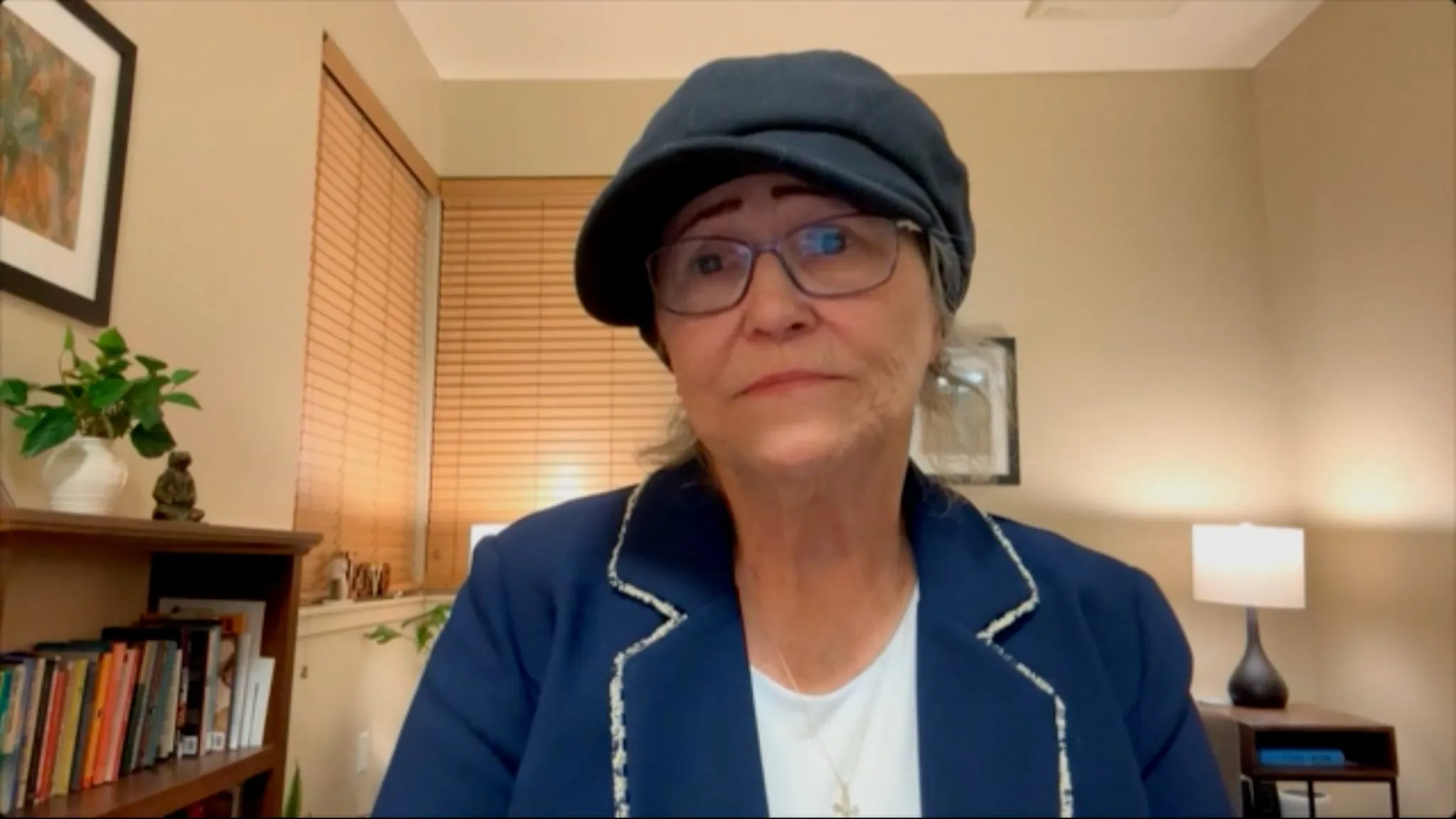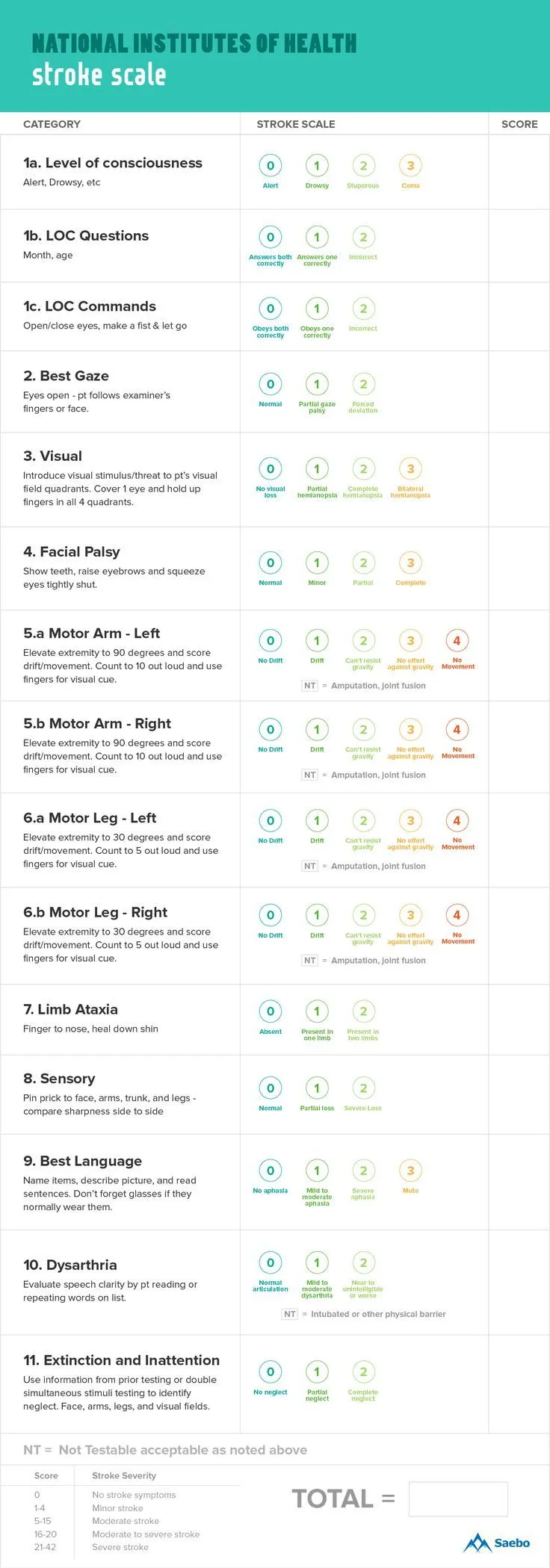MAGA Granny Pamela Hemphill Declines Trump Pardon: ‘We Were Wrong That Day’
In a striking turn of events that has captured national attention, Pamela Hemphill, a 71-year-old from Boise, Idaho, has made headlines by rejecting a presidential pardon from former President Donald Trump for her involvement in the January 6, 2021 Capitol riots. Her decision marks a profound moment of personal reflection and accountability that challenges the narrative surrounding the controversial events.
Hemphill, who previously gained notoriety as the “MAGA Granny,” served 60 days in prison for her role in the Capitol insurrection. Her recent decision to decline the presidential pardon speaks volumes about her current perspective on the events of that fateful day. In a powerful statement, she declared, “We were wrong that day,” demonstrating a remarkable shift from her previous political stance.
The former Trump supporter has been candid about her past involvement, describing her previous political alignment as a “cult-like” mentality that clouded her judgment. Her rejection of the pardon goes beyond a simple legal decision – it represents a deeply personal reckoning with her actions and their broader implications for American democracy.
A Moment of Personal Accountability
Hemphill’s decision is particularly noteworthy for several reasons:
- Refusing Absolution: She views the pardon as an attempt to “rewrite history“
- Respect for Law Enforcement: She believes accepting the pardon would be an “insult to the Capitol Police“
- Personal Growth: Her stance reflects a significant transformation in her political understanding
The former rioter has become an unexpected voice of introspection within the political landscape. Her willingness to publicly acknowledge her mistakes stands in stark contrast to many others who were involved in the January 6 events.
The Broader Context
The January 6 Capitol riots remain a deeply divisive moment in recent American history. Hemphill’s story provides a unique perspective on how individuals caught up in political fervor can eventually recognize and confront their past actions.
Her rejection of the pardon is more than a personal statement – it represents a broader conversation about accountability, political extremism, and the path to reconciliation. By refusing to accept an easy way out, Hemphill demonstrates a commitment to personal responsibility that transcends political allegiances.
Implications and Reflection
Legal experts and political commentators have noted the significance of Hemphill’s decision. It challenges the narrative of victimhood often presented by those involved in the Capitol riots and offers a rare moment of genuine self-reflection.
“Sometimes, the most powerful act of patriotism is admitting when you’ve been wrong,” said one political analyst commenting on Hemphill’s stance. Her journey from a staunch Trump supporter to a critical voice represents a complex narrative of personal growth and political awakening.
A Turning Point
Hemphill’s story resonates beyond her individual experience. It serves as a powerful reminder of the importance of:
- Critical thinking
- Personal accountability
- The ability to change and grow
Her decision to decline the pardon has sparked conversations about redemption, political polarization, and the long-term consequences of political extremism.
Conclusion
Pamela Hemphill’s remarkable journey from “MAGA Granny” to a voice of accountability demonstrates the potential for personal transformation. Her story offers hope that dialogue, reflection, and genuine understanding can bridge political divides.
As the nation continues to grapple with the aftermath of January 6, Hemphill’s stance provides a compelling narrative of personal growth, responsibility, and the courage to admit when one has been mistaken.
Note: This article is based on multiple sources and represents an objective account of Pamela Hemphill’s recent actions and statements.






Leave a Comment